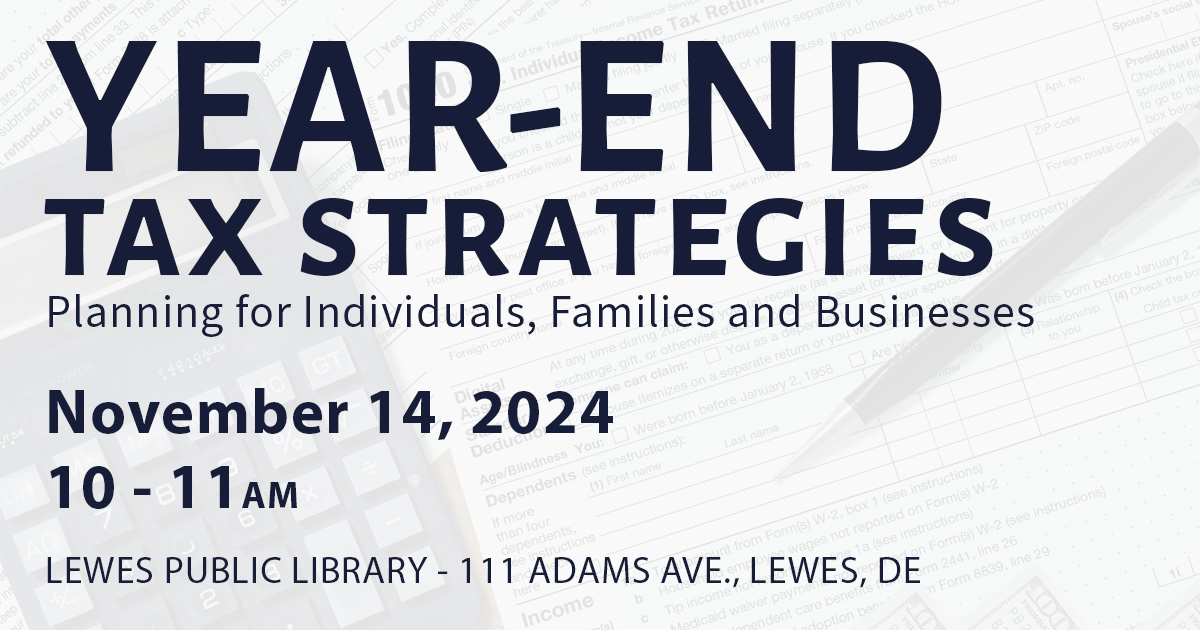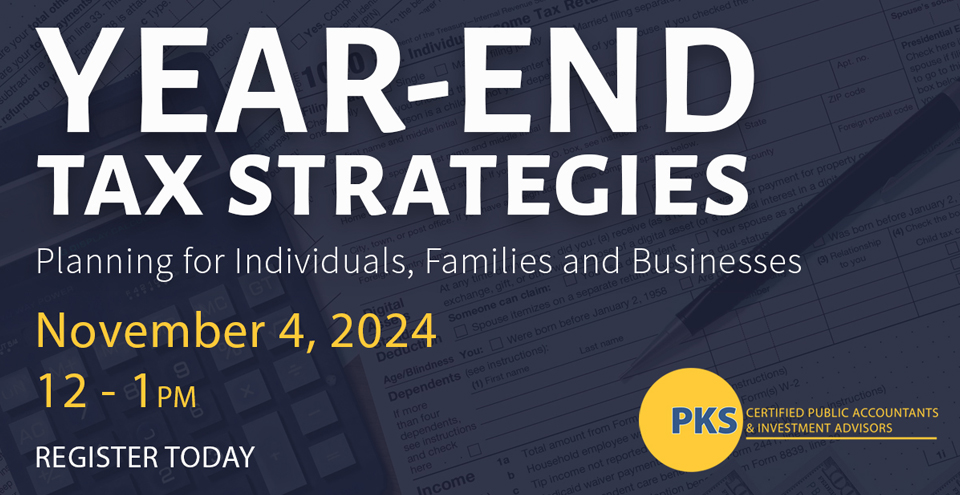How does your board stack up? Is it a diverse, high-functioning, strategically minded fundraising machine? Or is it more of a work in progress with opportunities for sharper performance?
It’s likely that your board is a little of both—high-performing in some areas and ripe for improvement in others. According to BoardSource’s most recent board study, more than 70 percent of chief executives and 80 percent of board chairs believe their board’s performance has improved in the past three years. Yet, there’s always room for improvement.
The Good, the Bad, and the Board
The report offers four key findings relative to what boards do well, how they are structured, how they operate as a group, and what matters most in terms of leadership.
Connections count. Boards need to be more connected to the people they serve. Almost half of chief executives said they didn’t have the right board members to “establish trust with the communities they serve.”
Board members should reflect an organization’s values and beliefs. Members who don’t know or aren’t a part of the nonprofit’s target community reflect a disconnection with that population, which is problematic.
Individuals’ reputations and networks within the community and their knowledge of the communities served rank numbers 4 and 5 in terms of priorities for board recruitment. Organizations that define a desired mix of diversity, skills, and connections have an easier time finding new board members.
Fundraising isn’t the only thing. Boards that focus primarily on fundraising do so to the detriment of other key areas, such as strategy, relevance, and impact.
This year’s BoardSource study finds that boards placing the highest level of importance on fundraising have lower ratings in several key areas of performance compared to those that rank fundraising lower in importance. For example, diversity and inclusion, operating context, and strategic direction suffer in performance when fundraising is ranked very high.
This is not to say that fundraising isn’t or shouldn’t be a board priority—it has ranked as “very important” in the BoardSource study for more than 20 years. Rather, these findings indicate that a pinpoint focus on fundraising seems to take away from big-picture goals and strategy, elements that set up nonprofits for long-term success.
Align expectations. There’s a disconnect between where boards focus their time and their chief executive’s priorities.
More than 60 percent of chief executives reported that their boards didn’t spend enough time building community relationships, thinking strategically, understanding roles and responsibilities, leveraging connections to influence public policy, learning the organization’s programs, projecting a public image, and several other areas of performance. However, these executives ranked many of these same activities relatively low in terms of importance.
So, which is it? Are these areas worthy of more investment of time and effort? A lack of alignment indicates a possible lack of direction.
One interesting sidebar to this finding relates to board oversight of the chief executive. The board is responsible for providing the chief executive the support and direction necessary to lead the organization, including regular performance reviews.
Unfortunately, only 53 percent of chief executives reported that they’d had a formal, written evaluation in the past 12 months, again pointing to a potential disconnect between board focus and chief executive priorities.
Chair leadership sets culture. The board chair plays an important role in cultivating the board’s culture, and when he or she sets clear expectations, a positive culture follows.
Positive culture also results when chairs are engaged in shared decision making; encourage board members to frame strategic questions; resolve problems, build consensus, and reach compromise; and foster an environment of trust.
The importance of board leadership comes into focus in times of executive leadership transition. A strong majority of board chairs report that their boards are well prepared to make informed decisions about how the organization should be led, but more than a quarter don’t have that level of confidence.
Boards must be prepared for chief executive transitions—only 45 percent of chief executives are “extremely satisfied” in their jobs. Boards that are ready to manage leadership change have strong knowledge of the organization’s programs, financial oversight, and a succession plan in place.
The COVID Factor
It’s important to note that BoardSource’s latest survey research was conducted prior to the pandemic. Once coronavirus reached pandemic proportions, many nonprofit organizations and their boards had to make significant and difficult choices to sustain their missions.
An interesting corollary to the BoardSource study findings is a July 2021 Accounting Today webinar on the topic of nonprofits and their futures. As expected, the most significant pandemic-related challenges for nonprofit organizations were cash flow, program delivery, operations, and keeping talent intact and motivated.
The most successful organizations had strong cash reserves and were able to pivot significantly to react to ever-changing requirements for government assistance, morph program delivery from in-person to virtual where possible, and repurpose funding in meaningful ways.
Generally, boards stepped up their engagement to not only help with funding and fundraising, but also with pro bono services and higher levels of effort. They oversaw a big shift in how organizations conducted fundraising by focusing on profitability.
Organizations also saw the benefit of changing certain procedures and upgrading technology to be able to operate more virtually. This had the benefit of reducing complexity and cost, as well as improving the work environment for staff.
Looking Ahead
So where does this leave us? The next BoardSource survey will likely provide some unexpected results as board members and chief executives reflect on performance pre- and post-pandemic. The pressures of the pandemic forced boards, executives, and their staffs to adapt to new norms, some positive and some negative.
The good news is that boards that learned how to cope and adapt are in better shape for the future. The positive momentum and change reported by chairs and chief executives is likely to continue.
Interested in discussing how to fine-tune your board? Let us share our board best practices with you.
Sources: BoardSource, “Leading with Intent,” 2021; Accounting Today, “Helping Nonprofits Navigate the Future.”
PKS & Company, P. A. is a full service accounting firm with offices in Salisbury, Ocean City and Lewes that provides traditional accounting services as well as specialized services in the areas of retirement plan audits and administration, medical practice consulting, estate and trust services, fraud and forensic services and payroll services and offers financial planning and investments through PKS Investment Advisors, LLC.
© Copyright 2021. All rights reserved.
Brought to you by: PKS & Company, P.A.





